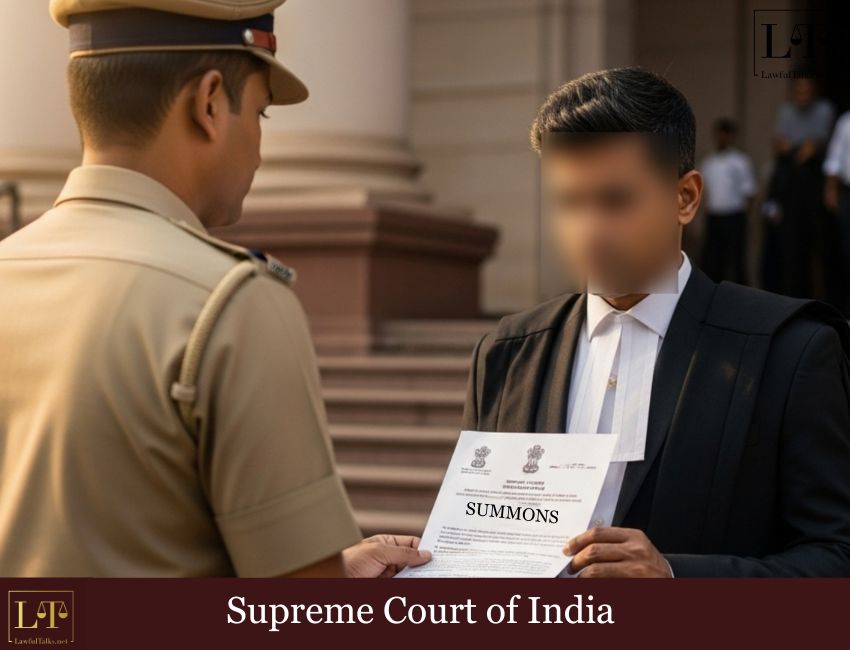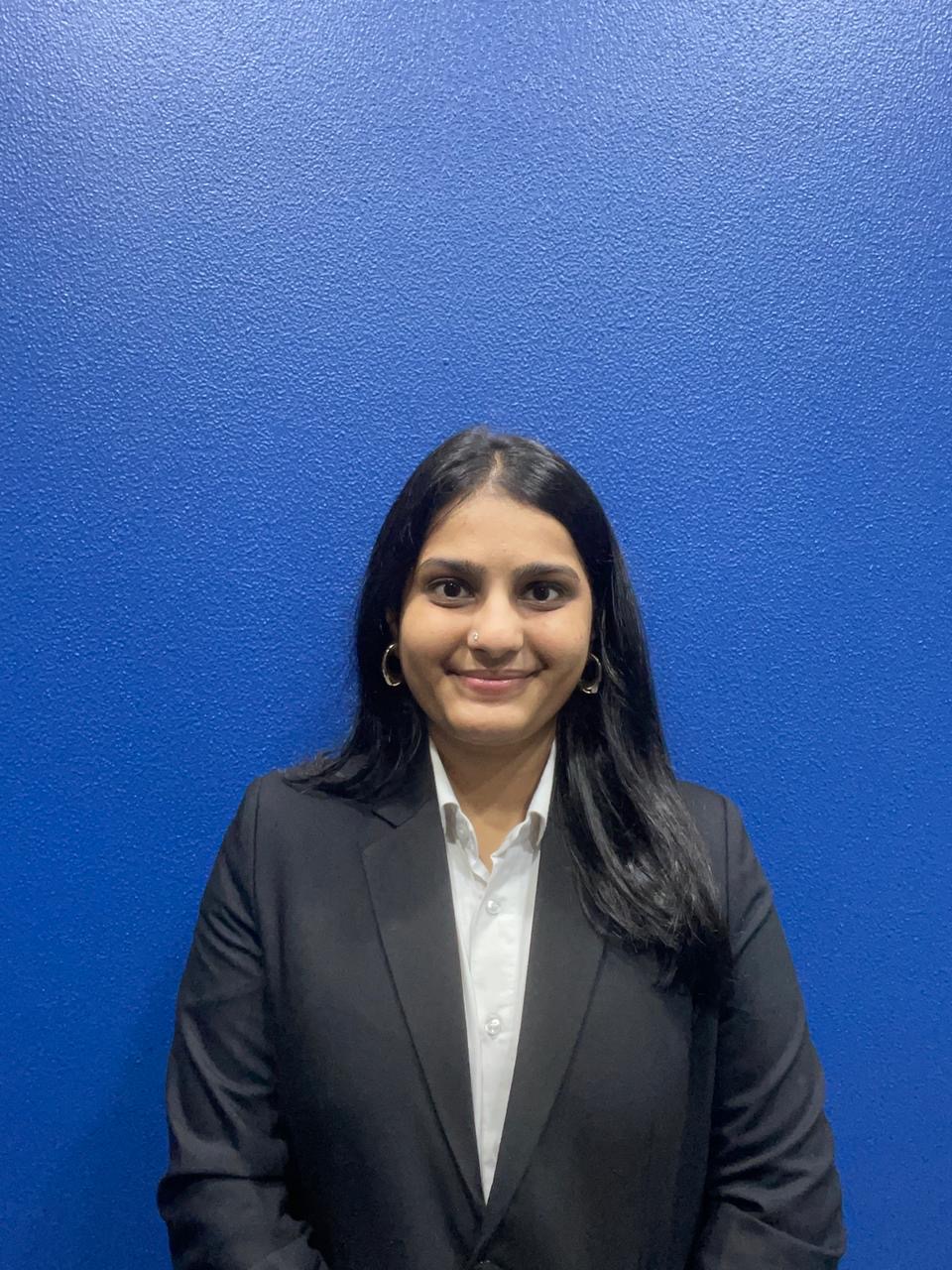Allahabad HC Sets Aside Afzal Ansari's Conviction, Allows Him to Continue as MP

Can investigating agencies summon advocates for the legal advice they render to their clients? On August 12, the Supreme Court had reserved its verdict in the instant suo-moto matter which has captured the attention of lawyers across the country. The Apex Court has now made it clear that it intends to lay down guidelines to ensure that the independence of the legal profession is preserved and attorney–client privilege remains intact.

Background
The controversy that triggered this case arose earlier this year, when the Enforcement Directorate issued summons to senior advocates Arvind Datar and Pratap Venugopal.
The move sparked widespread protests within the legal fraternity, which argued that summoning lawyers over the advice they provide fundamentally threatens professional independence.
Under mounting pressure, the Enforcement Directorate (ED) withdrew the summons and issued a circular stating that no lawyer would be summoned without the personal approval of its Director.
Yet concerns persisted. Soon after, the Gujarat Police issued a notice to an advocate representing an accused, prompting the bench led by Justice KV Viswanathan and Justice NK Singh to intervene.
The bench stayed the notice, observing that summoning advocates in this manner would undermine the independence of the legal profession and the fair administration of justice. It was in the wake of these events that the present suo motu proceedings were initiated on July 4.
The matter then came before the bench of the Chief Justice of India (CJI) BR Gavai, Justice K Vinod Chandran, and Justice NV Anjaria. The country’s top law officers, along with representatives of major bar associations and senior advocates, participated in the hearing and presented their views.
Among the most discussed suggestions was the proposal put forth by the bar bodies that a summons to an advocate should not be issued casually, but only after prior approval of a Judicial Magistrate.
Senior Advocate Vikas Singh, President of the Supreme Court Bar Association, cited the “Jacob Mathew” case, where the Court had held that doctors accused of medical negligence could not face criminal prosecution without a preliminary examination by an expert medical committee. He argued that a similar safeguard should apply to lawyers, with judicial oversight acting as a protective filter.
This proposal, however, drew strong resistance from both Attorney General R. Venkataramani and Solicitor General Tushar Mehta. The Solicitor General maintained that such a measure would create a special class of protection for advocates, which would go against the constitutional principle of equality under Article 14. He stressed that granting lawyers an extraordinary privilege could not be justified.
In response, the Chief Justice of India (CJI) B R Gavai questioned whether this logic would imply that the Jacob Mathew ruling itself violated Article 14, since it had carved out a separate procedure for doctors.
When asked if the government had sought a review of Jacob Mathew, the Solicitor General admitted it had not. The Attorney General also raised objections, cautioning that such a framework would amount to giving a “long rope” and could end up extending the same shield to in-house counsel and company lawyers.
At the same time, both law officers emphasized that while advocates enjoy respect and independence, they cannot be insulated from the reach of the law if they are directly involved in criminal activity.
The CJI clarified that the Court’s concern was not with lawyers complicit in wrongdoing but with the narrower question of whether they can be summoned merely for the opinions they provide in the course of their professional duties.
The exchanges in court grew sharper when the Solicitor General suggested that the conduct of lawyers across the country is not always comparable to the standards maintained by those practicing in the Supreme Court, hinting that the presence of criminal elements within the bar cannot be ruled out.
This remark drew strong objections from senior advocates Siddharth Luthra, Vijay Hansaria, and Ranjit Kumar, who pushed back against the suggestion.
Luthra reminded the Court that he too had started his practice as a trial lawyer, underscoring that the dignity of the profession at all levels should not be undermined.
The Solicitor General nevertheless urged the Court to keep the realities of practice in smaller towns and districts in mind while framing pan-India guidelines.
The judgment on the matter is now reserved.

Het Dedhia
3rd Year Law Student from SVKM's Pravin Gandhi College of Law
Latest Posts
Categories
- International News 19 Posts
- Supreme Court 347 Posts
- High Courts 361 Posts


















































































































































































































































































































































































































































































































































































































































































































































